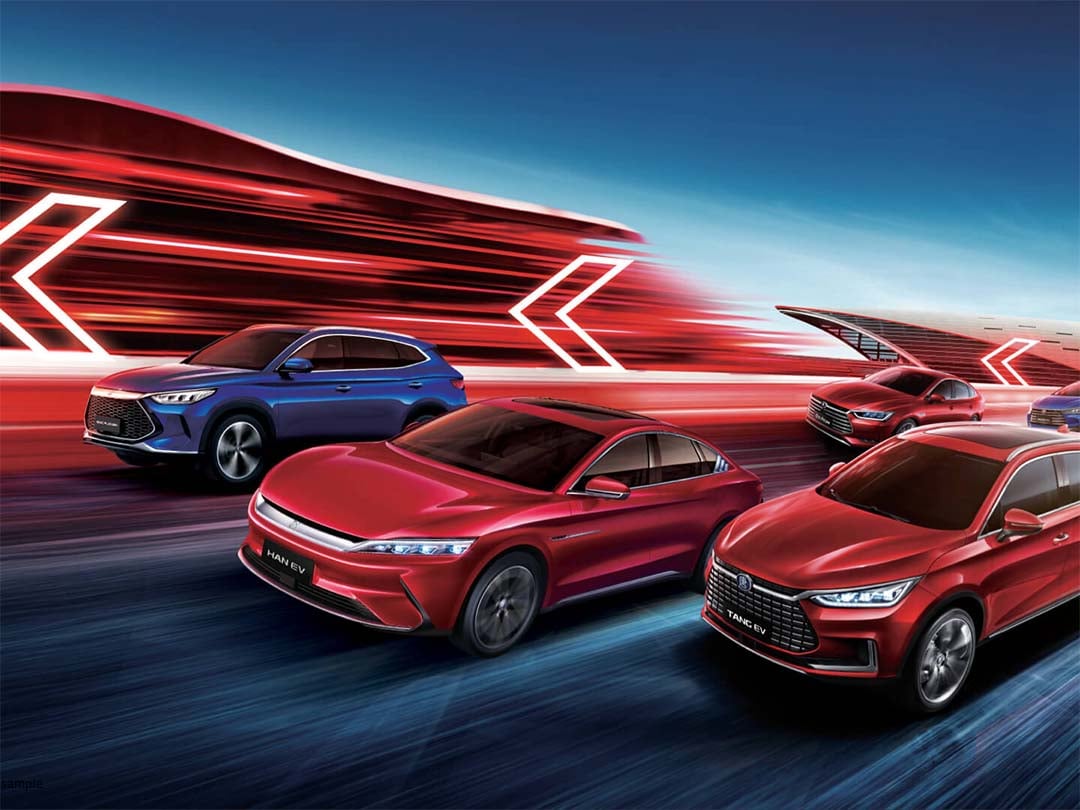Risky Move Of German Bosses: Volkswagen Pulls Out From ‘Battle Of Discounts’ In China
As strongly as the Chinese are growing in its automotive sector, lending others in a race a taste of upbeat rivalry, Volkswagen pushes out itself from the discount battle as a disguise to remain in the auto sale battle, whilst focusing more on profitability.

German automaker Volkswagen has stood the test of times to lead the market industry share without disruption in the Chinese base.
Nevertheless, new rivals from the Chinese locals such as BYD, are seen to pose a threat to its dominance, and have outscored Volkswagen to become the best selling automotive in the Republic of China.
The main cause for the sudden surge of these Chinese domestic auto industry can be attributed to their in-house battery production, which ultimately has led to a decrease in the prices of their manufactured brands.
Whereas, the Western rivals of the Chinese automobile industry, specially in the electric automotive sector, who used to sell predominantly in the country are facing backlashes due to higher valuations.
Be that as may, the Chief Operating Officer of Volkswagen, Ralf Brandstaetter mouths out that the industry is not going to play with price reduction and join the ongoing battle of discounts in China to lure their customers.
The operating profit of Volkswagen in the first three months of 2023 witnessed a decline by 31 per cent to 5.7 billion euros, compared to the 8.3 billion euros it produced in 2022. In the same line, the revenue it built from the Chinese market has seen a slash, even as it’s European and U.S. market flourished.
Germans Are Confident Depreciation Is Not The Key
More than money, Volkswagen has aimed high at sustainable innovations and emphasizes on the green business model, because of which the German maker has held a strong market position worldwide.
Brandstaetter clears the air by declaring that Volkswagen has distinctly set profitability as a more crucial parameter than any other like market share or sales volume in designing their cars.

Doubtlessly, profitability on revenue would sure shot consider the sales in different nations as well as the holdings in the market. Yet, the German bosses are four-squared not to compromise on their sales prices in order to reap higher sales volume.
Brandstaetter clearly states that it does not matter to the luxury car owners whether any other brand from national or international sector outsells them in the Chinese base, because their focus is plainly not counteracting on sales surge with lower prices.
Volkswagen is fighting fit and firmly believes that even in adversities or while being taken over by other contenders, if the product they bring out in the market is worthy enough, customers will definitely get their mitts on it, irrespective of the prices.
As sure as eggs is eggs, Volkswagen is not beating into the bandwagon of discounts prowling in the Chinese auto market.
VW Revolution Round The Corner
By 2030, Volkswagen aims to upscale their dominance in the Chinese car market to 28-30 million from the present 22 million estimate, and is setting its pitch to become the biggest international car manufacturer in China.
Brandstaetter is positive that if their German cars could make the sales of over 4-million vehicles by 2030 in the same environment of competitive discounts, then they can surely thrive on the corresponding profitability that the company brings in.

The auto segment buzz goes around that the German giants are working out their butts to put an end to their reliance on the Asian technology, significantly from China, for battery production, with an unperturbed opening of their Gigafactory aiming to bring a ‘battery revolution’ in the planet.
A fleet of new electric cars from Volkswagen is likely happening to be displayed on the market, giving tough competition to its counterparts in other nations on the battery power race.
With its expanded model range and Chinese-specific technology, Volkswagen is sure to make a comeback in the market in the remaining months of 2023, even as it tries to close the gap on its growing rivals from China-based electric vehicles.
Proofread & Published By Naveenika Chauhan




